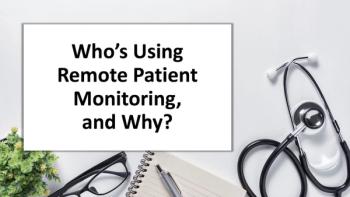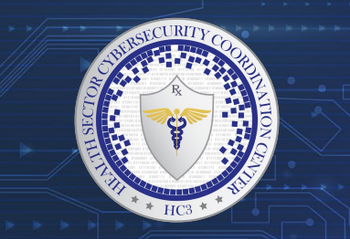
Even small practices can see gains in revenue, productivity, and morale when employees are allowed to work remotely.

Even small practices can see gains in revenue, productivity, and morale when employees are allowed to work remotely.

To successfully navigate these turbulent times, physician practices will need to look for ways to increase revenue and decrease costs to help offset losses and increasing expenses.

Internists have largest share of RPM claims; family doctors are third.

Committee on Oversight and Accountability echoes Senate, FTC in examining prescription drug pricing companies.

MGMA agrees accurate billing is essential, but more information is needed before changing the system next year.

Building a foundation for cybersecurity can help physicians avoid costly mistakes.

Working with patients to increase their adherence and the physician-patient relationship.

Six organizations to implement programs based on six principles for healthy workplace culture.

Independents have more credibility with patients, but less reimbursement than hospitals, despite the same inflationary challenges.

When can you waive copays or deductibles? Can you provide free care for physician colleagues and their families?

Odds are, you are making these mistakes and missing out on revenue

A conversation with AAFP President Tochi Iroku-Malize, M.D., M.P.H., M.B.A.

Hospital group outlines effects of contracts on physicians and executives as federal regulators ponder new rules.

RPM use is on the rise — here’s how to choose the best system and take advantage of its many benefits

Physicians and other health care workers are uniquely and disproportionately at risk of workplace violence.

Company announces acquisition of AI company, change to public benefit corporation.

Physicians will only be able to trust artificial intelligence when it's transparent.

Seeing a physician to be ‘easier, faster, more personal, and more convenient,’ CEO says.

Many are losing confidence in their ability to pay for health care

Use data to track how patients want to interact and how insurers will cover costs as 'hybrid' becomes the new normal.

Majority of states have a statin as the most commonly prescribed Medicare drug, but Alabama’s collective pain level apparently exceeds that of the other 49 states.

Men and women have different factors that influence their perceptions

Feds, Florida attorney general announce settlement from whistleblower lawsuit.

Hacking attempts set new record this month, according to government and industrial groups.

Researchers compare effects on wellness among physicians using remote scribes to those without.